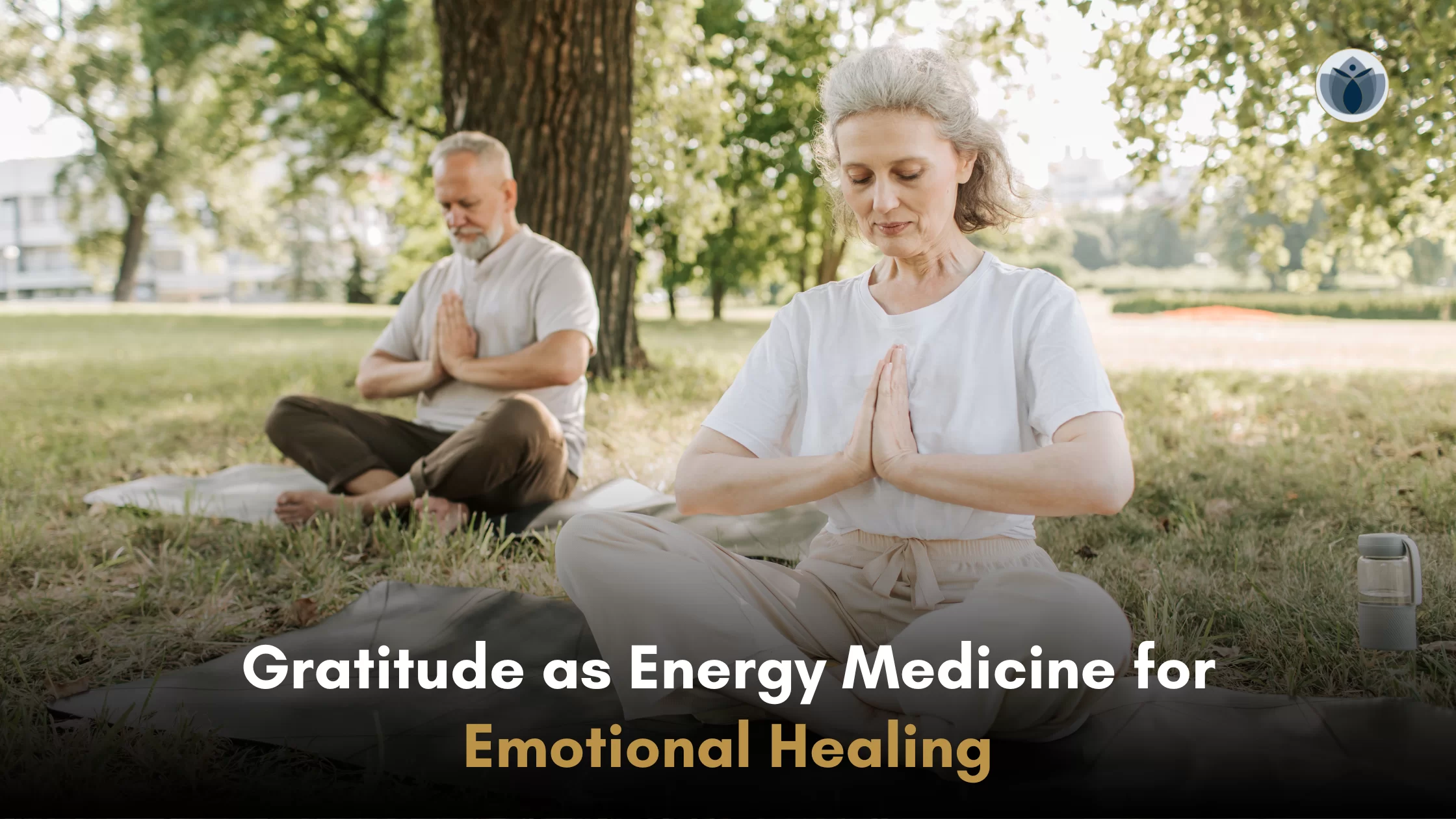The pain you bear, the unpleasant situations you go through, and the hurdles you face in life do not define you. But your coping mechanism with all these sure does. Trauma is mostly the result of unusually stressful events that take a toll on your mental health. They leave you with a feeling of insecurity and helplessness in a terrifying world. You may find yourself struggling with fear, anxiety, and the inability to trust people as these are the first signs of trauma.
This condition may worsen and the harm intensifies even further if such events and their impact is not dealt with immediately and properly. Also, traumas can sometimes be purely emotional. You don’t need to have a physical injury to feel traumatized.
Moreover, feelings are subjective. It is not necessary that if a situation doesn’t result in emotional pain for someone, it will also not be disturbing for anybody else. This means that something may cause temporary discomfort to one person but can traumatize someone else for life.
Causes Of Trauma And Tips To Deal With It
A traumatic experience comprises three parts; the happening of the event itself, your experience of it since as described above, different people can feel things in different ways, and of course the impact of it on your life.
Sometimes, trauma can be a result of an event you were directly affected by or a situation you were a part of. Such as a bad accident, childhood problems, surgery, or a really hard recovery process from a life-threatening disease, sexual abuse, etc. But that’s not it.
Sometimes, events not directly related to you, such as natural or manmade disasters can also be a cause of trauma. It can also be a product of ongoing and relentless stress over a prolonged period, such as domestic violence. In any case, the most important thing is to cope with it and heal from it completely before moving forward in life.
Healing from traumas is possible, but time alone will not heal it completely. The pain may lessen over time but the suppressed stress may worsen your mental health issues. Therefore, one has to actively participate in the healing process.
10 Practical Ways to Heal from Trauma
Taking therapy is of course the most important part of healing but along with it, you need to work too, to improve your mental health. Therefore, given below are some tips on healing from trauma that will help you out on your journey of healing.
1. Accepting the Situation
Living in a state of denial and refusing to acknowledge the pain can worsen the situation for you and will eventually deteriorate your mental health even further. People usually deny the pain because they are scared to face the uncomfortable truths of life. But without the acknowledgment, not only they can’t grow as a person, they will not be able to begin the journey of healing.
There are different stages of trauma recovery but once you have acknowledged the trauma, only then can you decide on the steps you need to take to recover from it. Otherwise, no matter how ordinary the wounds may seem, they will keep hindering your growth. Also, you cannot realize the depth of your wounds unless you are ready to confront them. Therefore, don’t brush things off as ‘normal’ that have hurt you. Be mindful of your emotions and accept the difficult situations you go through in life.
2. Ready To Take Help
Isolating people can be an emotional response to trauma. You may want to keep yourself away from friends and avoid talking about your traumatizing situation, you may not want to take help.
As hard as it can be for you to connect with other people after you have gone through a difficult phase in life, it is vital for your mental health. So, no matter how uncomfortable it makes you, you should still make an effort to keep your relationships and ask for help whenever needed. You do not have to be alone in this. You need a listening ear, someone with whom you can share how you feel without necessarily having to discuss the event itself.
For this purpose, a professional therapist would be the ideal person. However, connecting with an old friend or a family member you are close to, would be just as good. You can also join a support group for your trauma or volunteer to help others like you. The key is to evade loneliness as much as possible.
3. Take Control
Once you have acknowledged your pain and are up for doing something about it, you are ready to take control of your situation. Now you can make a conscious effort to self-regulate yourself. Trauma can result in anxiety and no matter how agitated you feel sometimes, you should be able to calm yourself.
There are different ways to do that. Practicing calming techniques such as mindful breathing can be extremely helpful. While doing this, you are only supposed to focus on taking the air in and exhaling it out. Do it as long as it takes to calm yourself. Typically, 60 breaths would do the trick for most.
You also need to find out what calms you when you are triggered. That can be a sound, a smell, a light, or some action such as patting an animal or getting a hug. To do that, you need to experiment with different sensory inputs and eventually, you’ll know what calms you the most.
The most important part, however, is to allow yourself to feel whatever you are feeling. Do not suppress your feelings, let them surge and you’ll see how peaceful you’ll feel after a while.
4. Give Due Importance To Your Physical Health
While you are struggling for your mental and emotional well-being, it is important to remember to take care of your physical health as well. Because you will not be able to meet your goals for psychological improvement if you are not physically fit.
To do this, the few key steps you need to take are eating healthy, taking proper sleep, and also exercise. Exercise in particular can do a great job in helping you deal with your anxiety since it is known to improve the symptoms of PTSD and also the dose of endorphins your body releases will elevate your mood a great deal.
5. Experience Something New Or Interesting Each Day
After a trauma, people usually do not even consider doing something new or creative. They are often trapped in a vicious cycle of sadness and emotional pain and to deal with it, one should consider doing something new or creative each day.
People recovering from trauma should travel to new places, try exotic cuisines and do something they have never done to accelerate the healing process. Trying different forms of expressions, such as drawing and singing, can not only distract one from their pain but can also act as an excellent coping mechanism to deal with the bad memories associated with trauma that haunts them.
6. Avoid Everything That May Result In Addiction
When anxiety hits hard and the pain becomes unbearable, recreational substances such as alcohol and drugs may seem like a good idea. But this is the worst coping mechanism. This way, you are trying to avoid your feelings by stopping your mind from processing your thoughts. You may feel happy temporarily, but you are further bottling up the negative energy that needs to leave your system.
So, if you are feeling sad, anxious, or even depressed, let it be. Don’t try to escape from yourself by drowning in a drink or sleeping on it with the help of a drug. This strategy may worsen your symptoms and then will take you longer to heal from your trauma.
7. Follow a Schedule
Bit by bit, day by day, get yourself into a routine. Schedule things as you used to during the pre-trauma times. Take up your old habits back. This way, you’d not only be returning to something familiar, but you will also have less time to think. You will feel more secure too.
You will also feel more productive and thus less worthless as most people who go through traumas like abuse, domestic violence, or being left away in a relationship tend to feel. You can even add more positive habits to your old routines, such as meditation or exercise. This will accelerate your healing process.
8. Write!
Take out your journal and write whatever you’d like to express but are not sure how to. There is no rule to journal your experience, so feel free to explore what suits your needs.
While you write about your experience, be ready to discover yourself anew. It may feel uncomfortable at the start since it’s like talking to yourself, but you will soon start enjoying the fruit of it if you stick to it. You can perhaps begin by penning down your daily routine or something even more simple; such as your likes and dislikes. And once you get habitual of it, you can dive deeper into yourself and move towards writing about your trauma.
9. Be Gentle With Yourself
Trauma takes a toll on your mental health so you might feel exhausted earlier than usual. There is a possibility that you will feel fine physically but mentally, not so much. The time healing takes, may also make you feel tired and frustrated with yourself.
During times like these, it is important to not be hard on yourself. Take it slow and easy and if you feel exhausted, take a rest. Don’t feel ashamed or weak when you decide to take a break. You will get back to being you once you heal completely.
10. There Will Be Bad Days And Its Ok
Mental healing can sometimes be harder and more frustrating than healing a physical wound. There will be success, when it may feel like you have healed completely. You’ll look and find no trace of the wound within yourself. You’ll be able to talk about the incident in a pretty normal way.
And then there will be setbacks, minor and major. You’ll feel your heart sinking deeper and deeper into the darkness and you will fear that you might never get over it. Your trauma will haunt you in your sleepless nights and your dreams when you finally succeed in sleeping.
So, there will be good days and there will be bad days. But it’s important to remember that healing is a process and it takes time. You are not supposed to rush it and continue to take your healing sessions. When bad days come, say hi to them and try to remain positive to get through them. Keep doing the good work and you will soon face the world smiling with a peaceful mind.
Final Thoughts
The tips and ways written above are the things you can do for yourself but they do not in any way diminish the importance of mental healing therapy after going through a traumatic situation. You should know that it’s OK to feel how you feel and it is also OK to seek and take help. And soon you will be on your way to healing considering that you find the right help. So let us guide you on your way to healing from trauma!
Jacqueline Kane is an experienced therapist who can pull you out of your pit of despair and help you stand on your feet again by her amazing healing sessions. Join the free community healing circle or feel free to book her life-transforming private coaching.







